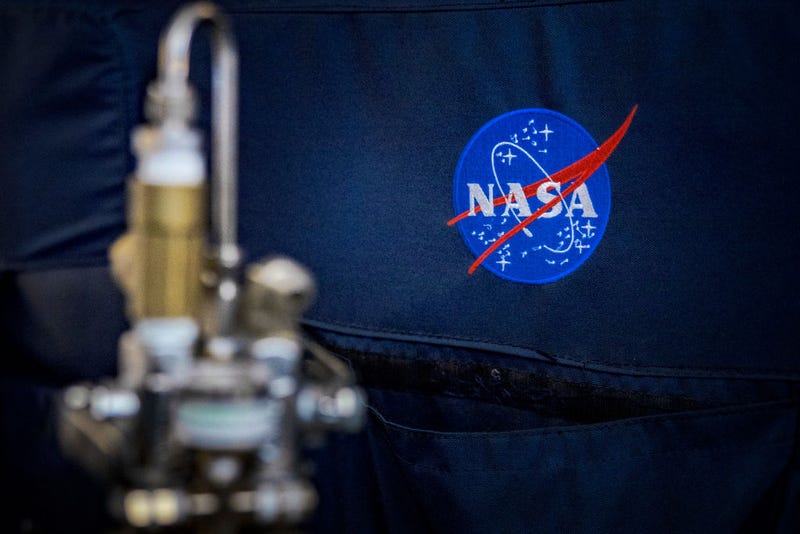
NASA scientists have discovered water on the surface of two asteroids thanks to the help of a mission that the space agency had retired in 2022.
Researchers from the Southwest Research Institute were able to use data they recovered from the Stratospheric Observatory for Infrared Astronomy to discover the water molecules, a news release shared.
The mission had been a joint project between NASA and the German Space Agency, and while scientists had previously been able to detect some form of hydrogen in the asteroids, they could not distinguish between water and hydroxyl, as they are close chemical relatives.
Looking to learn more, scientists studied four asteroids and found that two of them had molecular water on them.
Now, scientists are looking to understand how materials in space were distributed and have evolved as the asteroids studied develop close to the sun.
“Asteroids are leftovers from the planetary formation process, so their compositions vary depending on where they formed in the solar nebula,” Anicia Arredondo, from the Southwest Research Institute, said in a Planetary Science Journal paper on the findings.
More research on the asteroids could eventually lead to an understanding of how water came to be so common on Earth, Arrendondo shared.
It will also help find water in other solar systems, which could lead to the discovery of life in space.
Arrendondo shared that the “abundance of water” found on the space rocks is consistent with water that was found on the moon, being bound to other minerals or materials.
The research is expected to continue and expand, with scientists already having another 30 targets to “increase our understanding of the distribution of water in the solar system,” Arrendondo said.
